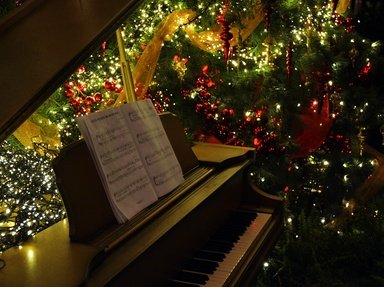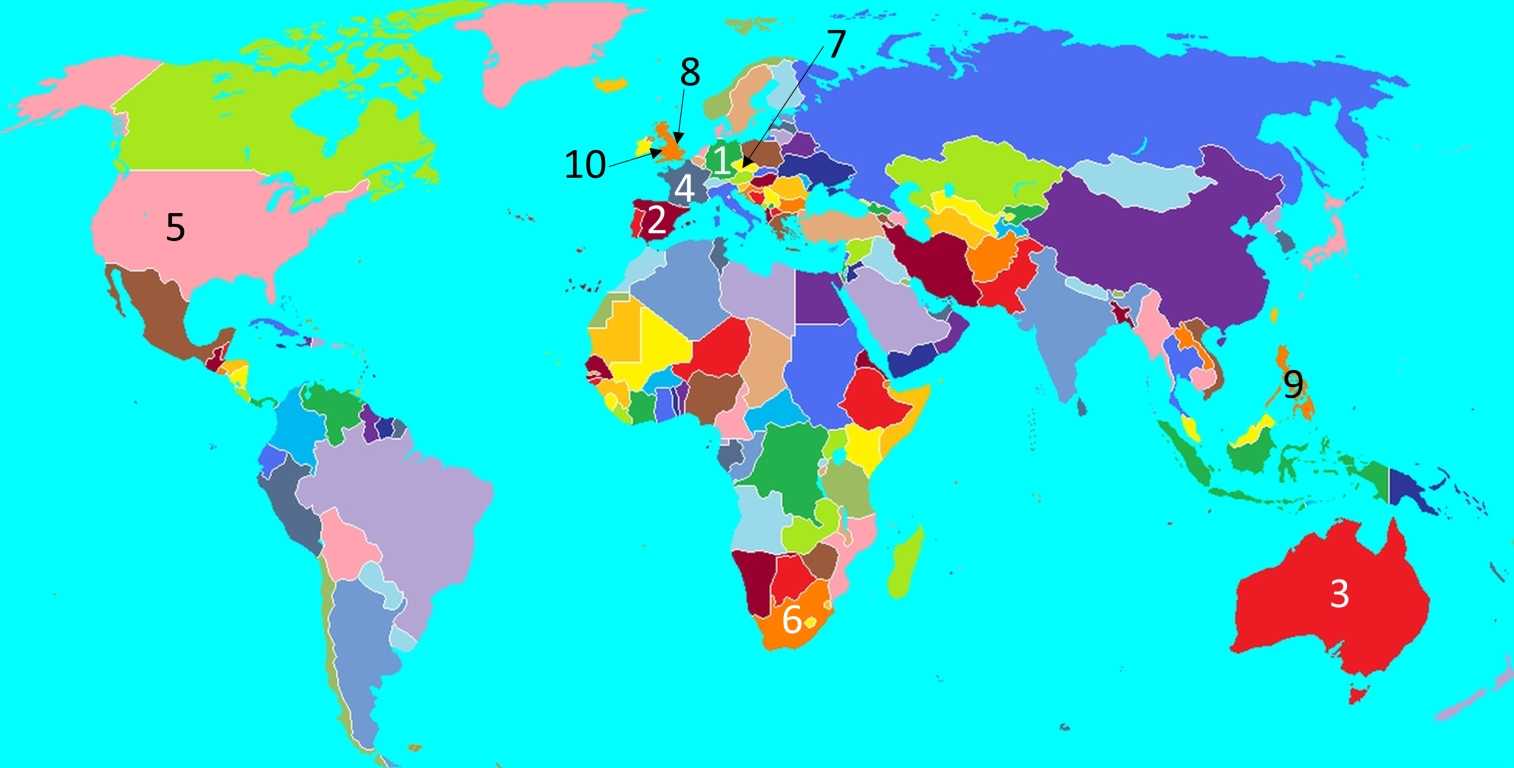
Oh Tannenbaum Trivia Quiz
Since the birth of Christ, carols have been sung in celebration. Sometimes the tunes for these songs spring from traditional folk music. Match the carol with the country from which the tune (not words) originated.
A label quiz
by VegemiteKid.
Estimated time: 3 mins.
